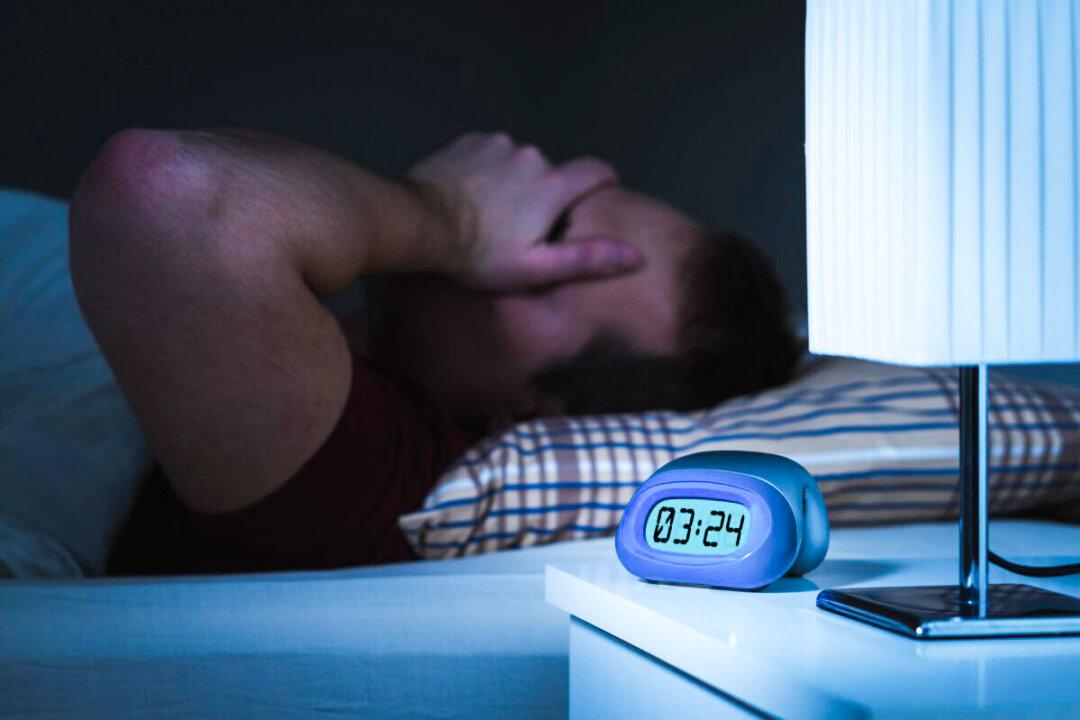Sleeping medication can help adjust people’s sleep schedule to sleep; however, there are limits and risks associated with such treatment, especially when used without the guidance of a sleep professional or general practitioner.
Studies have shown that melatonin tablets don’t always contain only melatonin, and the label’s dosage isn’t always accurate. In addition, some people are more sensitive to sleeping medication, which may affect them the following day, interfering with their work.




